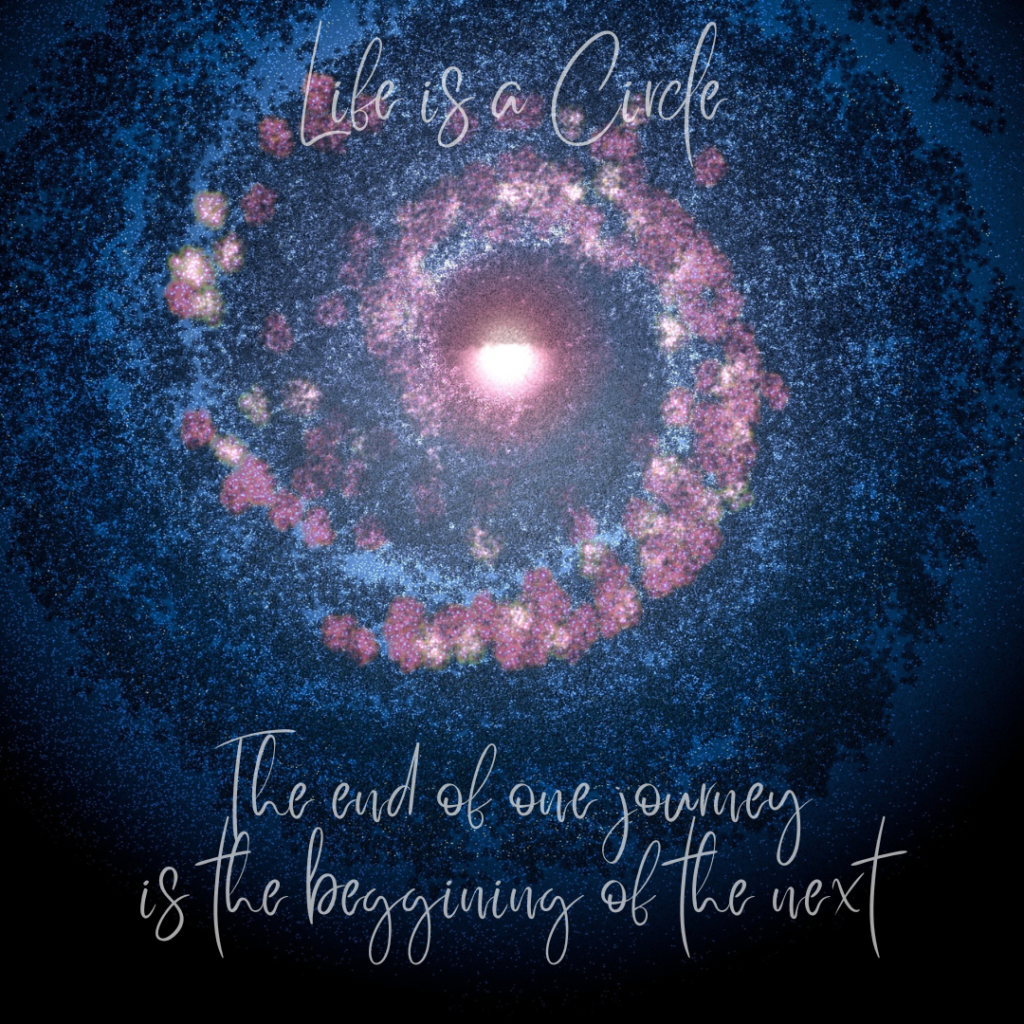I have recently come to understand that there is a time in life when you are no longer useful. Somehow the world progresses, society moves on… everything changes. It does so in a way that the elderly are not able to comprehend, nor keep up with. There is a time, and I believe it comes to all of us, when the world has passed you by, when you are no longer needed. This is a hard pill to swallow, a hard thing to reconcile.
We all want to be useful. We all want to be needed. We all want to be accepted. Sometimes it is so hard to let go. Recently, my dad was put on hospice. He needed a place to go and so he was brought to my home. This has not been an easy adjustment to make. It has felt like an invasion and has brought up bitter anger and resentment.
No longer useful is how I feel about my dad. I see that the world has passed him by. All of the beliefs and understanding he had of his purpose, and what he taught me of mine has all come to naught. The world has not ended. Christ has not returned. The main LDS church has not opened its temples to the polygamists sects. What has happened is that he has placed a burden on me and my family, for no other reason than the fear of letting go and moving on.
I used to think that everything was worth being, simply because it existed. But maybe that’s not necessarily true. There is a time when it is needful to let go of the old in order to allow the new to emerge. If you think about it, we cannot be tied to the things of the past when the world has already moved on anyway. It does us no good.
There have been two examples in my life recently of change and letting go. Unfathomable in a way was the passing of four of my sisters in less than 9 months’ time. And, unfathomable again, is the fact of my dad still hanging on when his death seemed inevitable again and again and again.

In the aftermath of a world pandemic and in the face of many historical facts coming to light, it seems that the world is ready to let go of the old, and to lay the past to rest. At least, I am.
There has been a well-accepted narrative in my life. It was preached from pulpits, reiterated again and again from family and friends all around. That narrative has been the story of our existence, how we came to be, why we are here, where we are going and what I have to do to get there. But this understanding, this paradigm has come at a high cost, the cost of reality, the cost of true happiness, the cost of knowing and accepting my whole self.
My sisters and I were given two differing narratives of what a woman should be. The one, prescribed by our peers, by society, and greatly propagated by our religion (The Church of Jesus Christ of Latter-Day Saints) was that a good woman should be submissive, quiet, obedient to her husband, gentle, kind, long-suffering, meek and always caring for the needs of others before her own. I have come to learn so much about the toxicity of this narrative.
The other narrative was the example given to us by our mother. She was strong-minded, independent, and careless of what anyone said or thought of her. She followed her own heart and mind. She did what she pleased. This did not make her less than. In fact, knowing what I know now, I see my mom as the superstar of women’s rights, a beacon of freedom to women everywhere to be their authentic selves.
My mom would dress in her mini skirt, low-cut blouse, and high heels and head out to the bars on Saturday night. She wasn’t a drinker; she was a dancer. She liked to be seen and admired. She would come home late, wake up early Sunday morning and prepare for church. As my sisters would say about her, “There goes a double standard.” But my mom never saw this behavior as conflicting. She had a right to be herself, she had given up the idea that to be worthy she must fit into this prescribed box of submissive obedience. Yes, my mom paved the way for me and for my daughters to be free of religious patriarchy telling us what we should be.
It hurts me now to think about all the judgements I placed on my mom, and how I accepted the dominant narrative of what a woman is supposed to be. In fact, I became the woman they prescribed, and it made me miserable.
My dad holds on, digging his heels in, refusing to let go. His example reminds me of what I see in the Church of Jesus Christ of Latter-day Saints now. Old men propagating a belief system and narrative that has outlived its usefulness, that has outlived its reason for existence. Perhaps it will one day die, perhaps it never will. But its ideologies and explanations of truth and our existence are certain to pass away, just as my dad likely will at some point.
The truth is the old must pass away, and in doing so make room for the new to emerge. It is a sacrifice, but it is also the way of life.
Honoring the world of form and spirit; Surrendering to endless death and rebirth; this is the source of all healing — the Shaman’s power.
Theodore Tsaousidis
one
